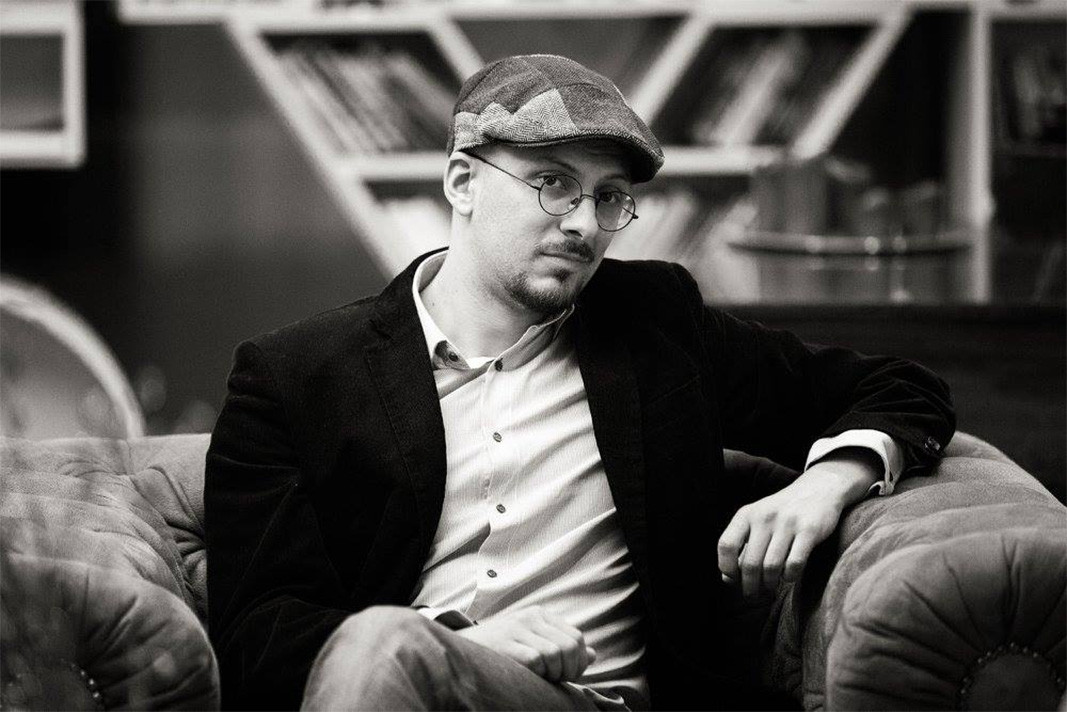It is 116 years today since 22 September in 1908 when Bulgaria proclaimed its independence, taking its due place alongside the other free and independent countries of Europe at the time. Though unlike the unification, the proclamation of Bulgaria’s independence is entirely a political act, this in no way makes this act any less important. However, in the world we are living in today, the significance of words like unification and independence seems to be blunted with other, more trivial things taking precedence. That is why on days like this it is well worthwhile to take the time to think about the topics that could help bring us together, at momentarily.
“Unfortunately, the public find it more and more difficult to recognize the topics that could really unite society,” says poet and writer Ivan Landzhev in an interview with Radio Bulgaria. “Things that were, until recently, beyond any doubt, are now having us arguing and polarizing society. That is so very obvious, I am not saying anything new,” he adds. “There is so much bickering in our lives, every day, that we have started squabbling about secular holidays, religious holidays, patriotic holidays - which are such and which aren’t. What we desperately need are three, or five things we can fully agree on but we seem to be finding it more and more difficult to do so.”
Ivan Landzhev admits that at the moment he is not seeing any such things and that is why he has been seeking out “oases” where he can escape for a while from the social environment that is so fraught with tensions and all kinds of expectations.
“My own oases have always been connected with art and I am not talking only about literature, but also music, fine arts and sports etc. On the one hand, escaping into aesthetics, and on the other – I mentioned sports because the inspiring example of the highest human achievements is another oasis, even though there is no way I can give a recipe and say where the whole of society can escape to. That is why the topic of independence is so fraught right now. Because the loudest critics who keep going on and on about how Bulgaria is not independent are actually people with very strong political dependencies. We need to be able to tell the difference between independence in some abstract sense, and interconnectedness and the contractual relations Bulgaria is part of. Politicians’ narratives are full of historical examples from the time of the National Revival and national heroes who evolved in conditions that were very different, in times when there was no independent Bulgarian state. Their revolutionary activities are totally appropriate. What Bulgaria needs right now is normalcy, understanding among people and to follow the choice already made and the values ensuing from that choice. What we need is normalcy, not heroics and revolutionary pathos.”
It took Ivan Landzhev quite some time to put together his collection of essays, stories and fragments “On the inevitable contingency”, released while he was still in the US on a Fulbright scholarship because, as he himself says, he wasn’t quite sure to the very last which texts he should include. One of the texts he wasn’t sure he should put in the compilation is the essay “Bulgarian selfie” which has gone viral in this country, as read on video by actor Zachary Baharov.
“I wrote it quite some time ago, during the pandemic, that is why there are some specific references in the text – like measures, bleach. I kept wondering whether this text wasn’t obsolete and what it would look like in a book – because it was written about things that were important back then. I decided to leave it in the book and it actually took on a life of its own. It wasn’t obsolete at all, as it should have been because people are so polarized, and that makes texts such as this even more relevant. They should sound markedly satirical, and at some point when there has been significant advancement in society, they should seem exaggerated. But it doesn’t look like there is any hyperbole in this text,” says Ivan Landzhev and goes on:
“It is a patriotic text in which love of country is the guiding line. The fact I am taking the liberty of pointing to discrepancies etc., does not mean love does not come first in this text. Of course, if you love your country the way you love your family you want what is best for them and you can afford to call a spade a spade. When I use harsh words in public texts it is because I love Bulgaria and believe in the potential of Bulgarians.”
Translated and posted by Milena Daynova
Photos: Facebook /Ivan Landzhev, BTA
Krasimir Karailiev was born in Slovakia, but his ancestry is from Bulgaria. He is a descendant of Bulgarian gardeners, whose fame spread to a number of European countries towards the end of the 19th and in the first half of the 20th century. The memory..
Born at the end of 1989 in Sofia, he is a child of the transition period in Bulgaria. He grew up with kung fu movies and the mysticism of the Shaolin Monastery in China. His path passed through aikido training, The National Academy of..
Dimitar Dimitrov breeds goats, fruit trees, California worms and, until recently, horses. But now his greatest love is peacocks. In the village of Susam in the Haskovo region, he looks after 300 large and 200 small colourful birds of 26 varieties,..

+359 2 9336 661
